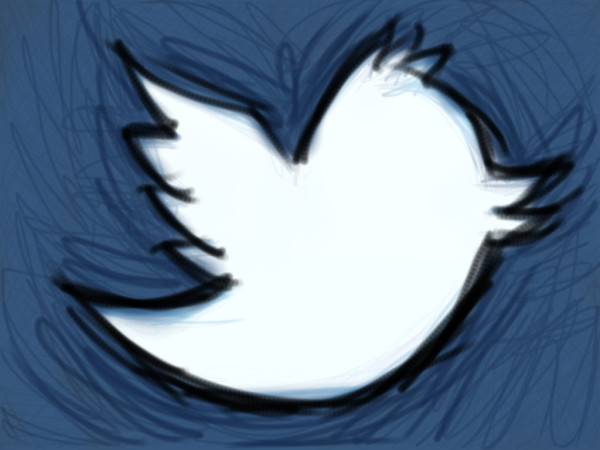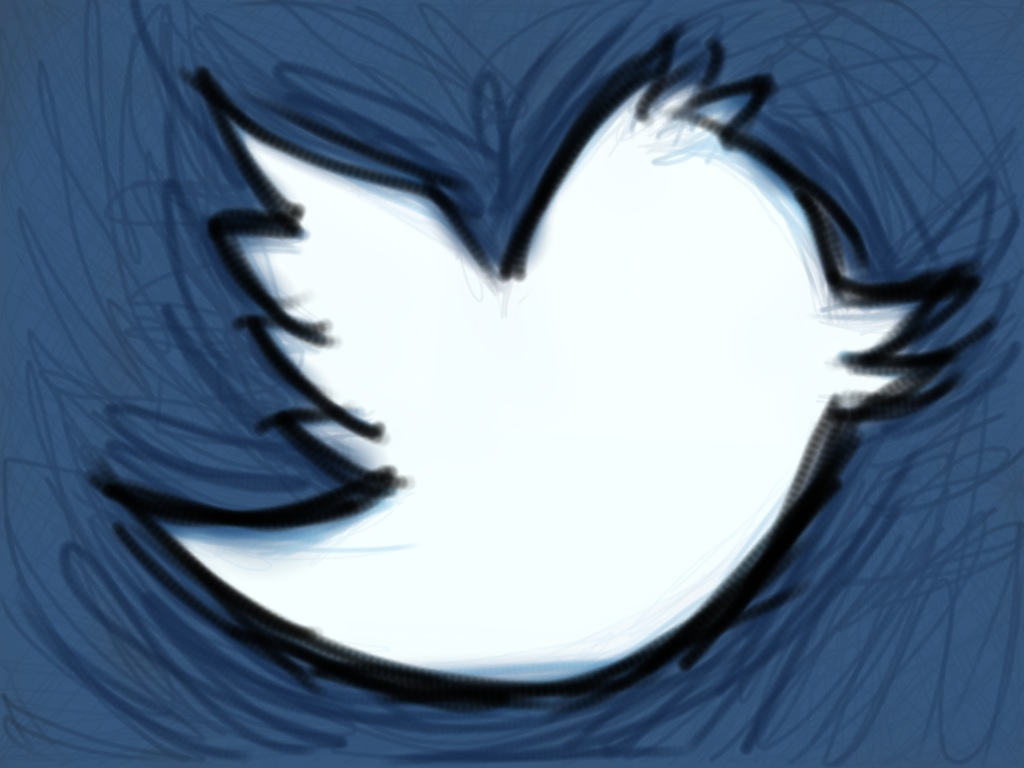
Yesterday, I had lunch with a guy who was picking my brain about various topics. One of the conversations we ended up having was about the longevity of Twitter as a company. It hearkens back to conversations I had years ago when Twitter was barely making it as a service. It was down seemingly half the time, a problem they have long since solved.
In those days of 2007 and 2008, Twitter was just beginning it’s conquest of communication mediums. It was nowhere near as big, influential or necessary as it is today. It was getting there but it wasn’t there yet. And it was failing. And people were jumping ship to more reliable services.
In those days, I posed the concept that Twitter should not be a company alone. It should be an open protocol much like HTTP or email protocols (IMAP/POP). There should be an adopted industry standard that Twitter, the company, should and could (and still can) champion and work through with the guidance of other industry members.
The point is this: When Twitter, the company, goes away as it likely will at some point (hopefully years from now), then what will we as a society – and the human race – do?
Already, Twitter has had direct intervention from the State Department because governments are seeing it as a vital communication medium. Is anything classified as vital safe in the hands of a single private entity? Not that Twitter, Inc. isn’t doing a fine job of it, but there is a concept of continuity that is lost here.
To this day, Twitter is still trying to figure out how to make money. They are still trying to find their sustainable model. And that doesn’t even address the issue of infinite scaleability. What happens if every human being on the planet had a Twitter account (it’s a hypothetical as that will never happen)? What happens when the societal demand on Twitter, Inc. is so vast that no single entity can sustain it? It’s coming. Hopefully not for awhile, but it is coming.
If the State Department considers Twitter as an essential and vital service, necessary to Homeland Security and International Relations, doesn’t it go to wonder why the State Department, among others, isn’t pushing for a Twitter Open Standard.
This is what I’m thinking. Twitter (the protocol) would allow anyone to build their own versions of Twitter that communicate interchangeably over a common set of protocols. This idea was attempted with Identi.ca but without the support and integration of Twitter, it stands no chance on its own.
Of course, Twitter is going the exact opposite direction of opening and heading in the direction of siloed “walled gardens”. Even Facebook, the ultimate modern-day walled-garden is opening up their service in other ways – but even they are not doing what I’m suggesting.
There should be a non-profit, independent “Twitter Foundation” that champions this cause, brings trade organizations – including Twitter, Inc. – together to begin work on a public standard protocol. Companies like Twitter, Inc. should champion and use this public protocol and build services around it. All of Twitter does not have to be public standard but common elements like “friends”, “followers”, “messages”, “direct messages” and “replies” should all be part of this standard.
Work on this needs to begin now. RFCs take a long long time before they are considered final. The first draft of the HTML5 spec was released in 2008 and it’s still not stable. The 802.11n wireless ethernet (Wifi) standard took 7 years from the time work began to the time it was published in 2009.
Honestly… at current growth and usage rates, can we wait maybe 10 years to begin moving toward decentralization and standards ratification? This needs to happen now.

